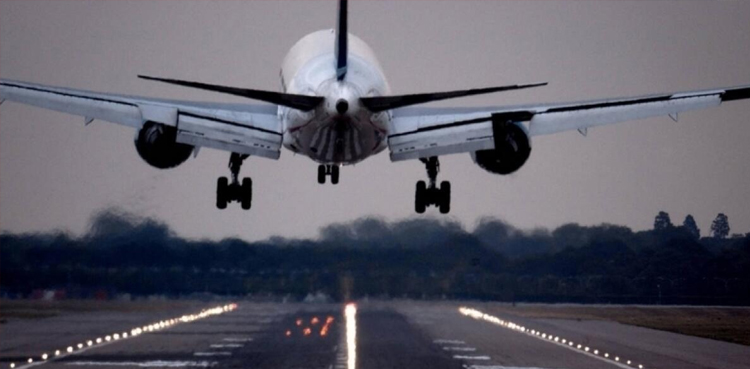
UK airline EasyJet outlined Monday its plan to achieve carbon neutrality by 2050 via new technology, saying it would use carbon capture to address just under a quarter of its emissions.
Chief Executive Johan Lundgren, unveiling EasyJet’s update at its headquarters in Luton north of London, said “exponential” growth in “state-of-the-art” technology will help meet the goal.
EasyJet announced the 2050 aim last year but like all energy-intensive firms faced deep scepticism from environmental campaigners.
The strategy hinges on technologies that are still emerging like carbon capture, or in the pipeline like cleaner hydrogen engines.
The latter are set to become operational by 2035 at best.
The no-frills carrier will deploy more fuel-efficient Airbus A320neo aircraft in a multi-billion-dollar refit under its “roadmap” to slash carbon.
EasyJet forecast Monday that this will enable it to cut emissions per passenger per kilometre by 78 percent by 2050, from 2019 levels.
The carrier will also seek to compensate for residual emissions via carbon capture — capturing carbon dioxide from the atmosphere and storing it in the ground — in a policy starting by 2025.
However, this technique has been criticised by the green lobby.
“That technology (for carbon capture) is not just on the drawing board, but it’s actually working right now,” Lundgren told journalists on Monday.
“So it’s more about scaling up,” he added.
But some environmentalists regard carbon capture-and-storage as a false solution that would justify maintaining dirty emissions, and with the risk that stocked CO2 could leak.
EasyJet had stated in May that it will look to slash carbon emissions by about one third by 2035.
In the longer term, EasyJet wants zero-emissions flights across its network, via its links with planemaker Airbus and jet engine giant Rolls-Royce.
Speaking on the sidelines of Monday’s event, Rolls-Royce indicated that its first ground test of a prototype hydrogen-powered combustion engine was “imminent”.
Many companies worldwide have expressed hopes to attain carbon neutrality by 2050, in line with UN goals to combat climate change, but energy-hungry industries like aviation face campaigners’ accusations of so-called greenwashing.
https://ift.tt/MfgyAOT
https://ift.tt/xcoMsKH





0 Comments